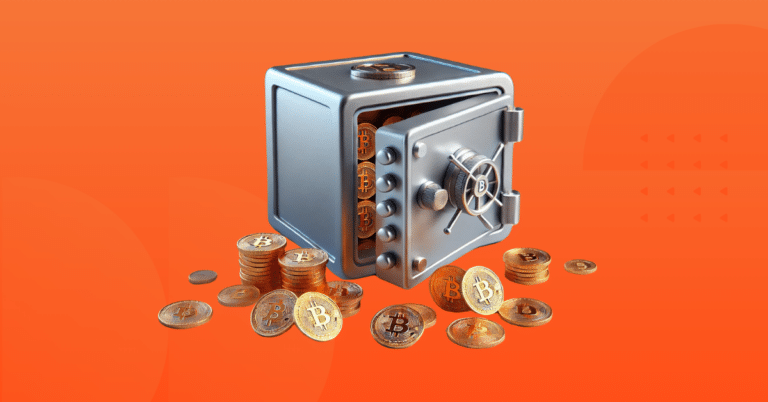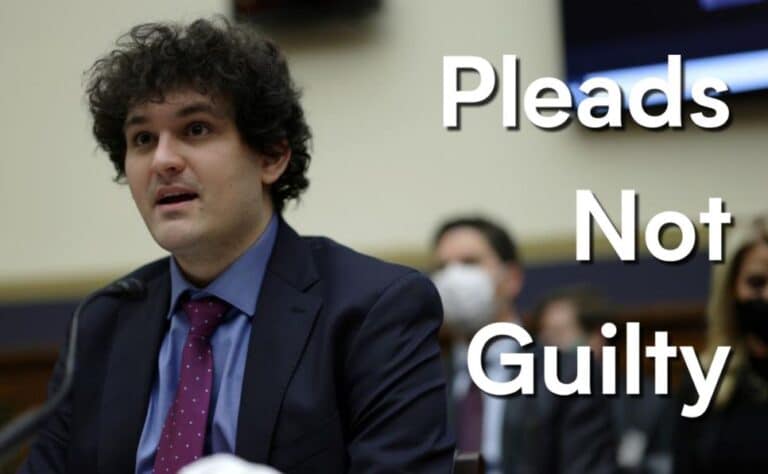Welcome to today’s edition of This Week in Crypto, your trusted source for trending crypto news. Major moves are happening in the world of Bitcoin—from price surges to legislative interest. Here’s a quick look at what’s making headlines:
- Crypto’s Market Cap: The total cryptocurrency market cap surpassed $3 trillion, rivaling the GDP of some of the world’s largest economies.
- El Salvador’s Gains: El Salvador’s Bitcoin holdings now boast over $100 million in unrealized profit, highlighting the impact of Bitcoin’s recent price increase.
- Pennsylvania’s Proposal: Pennsylvania lawmakers have introduced a bill to invest up to 10% of the state’s treasury funds in Bitcoin, aiming to establish a strategic reserve.
Stay tuned as we dive into these key developments!

Crypto Market Cap Tops $3T Amid Bitcoin’s Rise
The total cryptocurrency market cap reached a record $3.12 trillion, fueled by Bitcoin’s impressive surge past $90,000. On November 11th, the overall market capitalization jumped by 7%, placing it just below France’s GDP, making the crypto market equivalent to the world’s eighth-largest economy. Bitcoin’s recent surge also lifted its market cap beyond $1.77 trillion, surpassing the value of major assets like silver. This recent rise echoes the excitement of the 2020-2021 market when Bitcoin previously peaked at $69,000.
Bitcoin’s rise has been notable since the 2024 U.S. presidential election, with prices soaring 30% since early November. On November 14th, Bitcoin’s market cap reached $1.81 trillion, surpassing Saudi Aramco and pushing the cryptocurrency into the top ranks of global assets. Bitcoin’s price briefly surpassed $90K to a new all-time high of $93,434.36 according to Coinmarketcap. Will Bitcoin continue this historic rise to $100K? Only time will tell.

El Salvador’s Bitcoin Holdings Net $100M in Unrealized Profit Last Week
El Salvador’s Bitcoin holdings grew significantly last week, netting an unrealized profit of over $100 million as Bitcoin prices surged. According to Arkham Intelligence, the value of El Salvador’s Bitcoin stash jumped from $402 million on November 5th to $523 million by November 12th. The Central American nation, which adopted Bitcoin as legal tender in September 2021, now holds approximately 5,900 BTC. This recent rally follows President Nayib Bukele’s controversial decision to integrate Bitcoin into the country’s economy, a move that faced criticism from the International Monetary Fund and other global organizations.
President Bukele took to Twitter to boast, stating, “I told you so,” after El Salvador’s Bitcoin holdings reached the new high. Despite the gains, El Salvador has not sold any of its Bitcoin, leaving the profit unrealized. The current valuation of the country’s Bitcoin portfolio stands at around $516.43 million, with roughly $100.65 million of that as unrealized profit. The President, however, has maintained that there are no plans to sell, even amid the volatile fluctuations that have characterized the cryptocurrency market. Bitcoin’s value continues to be a critical component of El Salvador’s economic experiment.

Pennsylvania House Introduces Bill to Create State Bitcoin Reserve
Pennsylvania lawmakers have introduced a bill that would allow the state to invest up to 10% of its treasury funds into Bitcoin, aiming to create a strategic Bitcoin reserve. The legislation, proposed by Representative Mike Cabell on November 13, would permit the Treasurer to allocate funds from the State General Fund, the Rainy Day Fund, and the State Investment Fund into Bitcoin, potentially investing up to $970 million. Cabell framed the bill as a hedge against inflation, citing that Pennsylvania’s purchasing power has eroded by nearly 20% over the past four years, while Bitcoin’s value has increased over the same period.
The proposed legislation has the backing of Representative Aaron Kaufer, and it follows a model suggested by the Satoshi Action Fund, a Bitcoin advocacy group. Cabell pointed out that major financial players like BlackRock and Fidelity have turned to Bitcoin to diversify their portfolios amid economic uncertainty. The bill, however, faces a lengthy process before it could be enacted, requiring approval by the Pennsylvania House and Senate and eventually an executive action. Whether or not it will garner enough support to pass remains to be seen, but it marks a notable move toward integrating Bitcoin at a state government level.








